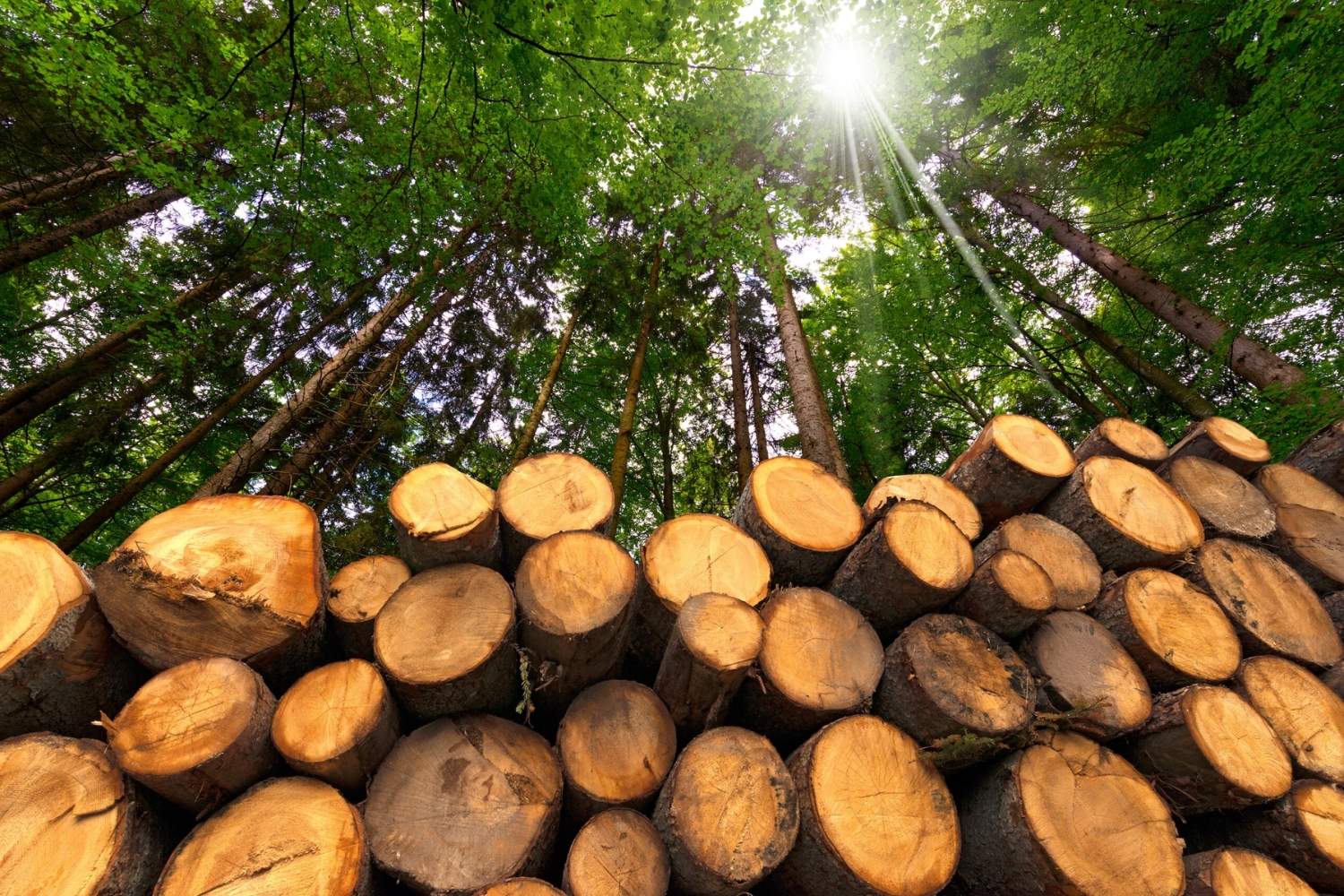
Forestry is more than just trees and wood. It's a complex science that balances the needs of the environment, wildlife, and human communities. Did you know that forests cover about 31% of the world's land area? They act as the planet's lungs, absorbing carbon dioxide and releasing oxygen. Sustainable forestry practices ensure that we can enjoy these benefits for generations. Forests also provide habitats for countless species, many of which are still undiscovered. They offer recreational spaces and resources like fruits, nuts, and medicinal plants. Forestry management involves careful planning and conservation efforts to maintain these ecosystems. From preventing soil erosion to influencing weather patterns, forests play a crucial role in our daily lives. Let's explore 25 fascinating facts about forestry that highlight its importance and impact on our world.
The Importance of Forests
Forests cover about 31% of the Earth's land area. They play a crucial role in maintaining ecological balance, supporting biodiversity, and providing resources for human use. Let's explore some fascinating facts about forestry.
-
Forests are home to 80% of the world's terrestrial animals and plants. This biodiversity is vital for ecosystem stability.
-
Trees absorb carbon dioxide and release oxygen. A single mature tree can produce enough oxygen for four people annually.
-
Forests act as natural water filters. They help purify water by trapping pollutants and sediments.
-
The Amazon Rainforest produces 20% of the world's oxygen. It's often called the "lungs of the Earth."
-
Forests help regulate the global climate. They store large amounts of carbon, mitigating the effects of climate change.
Economic Value of Forests
Forests are not just ecological treasures; they also have significant economic value. They provide resources and livelihoods for millions of people worldwide.
-
The forestry industry employs over 13 million people globally. This includes jobs in logging, paper production, and forest management.
-
Forest products contribute more than $450 billion to the global economy each year. This includes timber, paper, and non-timber products like fruits and nuts.
-
Sustainable forestry practices can boost local economies. By managing forests responsibly, communities can benefit from long-term resources.
-
Ecotourism in forested areas generates significant revenue. People travel to experience the beauty and biodiversity of forests.
-
Forests provide medicinal plants. Many modern medicines are derived from forest plants, including treatments for cancer and malaria.
Forest Conservation Efforts
Conserving forests is essential for maintaining their ecological and economic benefits. Various efforts are underway to protect and restore forested areas.
-
Reforestation projects aim to restore degraded lands. Planting trees helps rebuild ecosystems and combat climate change.
-
Protected areas cover about 15% of the world's forests. These areas are crucial for preserving biodiversity and preventing deforestation.
-
Community-based forest management empowers local people. Involving communities in conservation efforts leads to more sustainable outcomes.
-
International agreements like the Paris Agreement include forest conservation. Countries commit to reducing deforestation and promoting reforestation.
-
Technology aids forest conservation. Satellite imagery and drones help monitor forest health and detect illegal logging.
Threats to Forests
Despite their importance, forests face numerous threats. Understanding these threats is the first step toward addressing them.
-
Deforestation is a major issue. Each year, about 18 million acres of forest are lost due to logging, agriculture, and urbanization.
-
Forest fires can cause widespread destruction. Climate change and human activities have increased the frequency and intensity of wildfires.
-
Invasive species threaten forest health. Non-native plants and animals can disrupt ecosystems and outcompete native species.
-
Illegal logging depletes forest resources. It undermines conservation efforts and contributes to deforestation.
-
Climate change impacts forests. Rising temperatures and changing precipitation patterns affect tree growth and forest ecosystems.
Interesting Facts About Trees
Trees are the backbone of forests. They have unique characteristics and play essential roles in their ecosystems.
-
The world's tallest tree is a coast redwood named Hyperion. It stands over 379 feet tall in California's Redwood National Park.
-
Some trees can live for thousands of years. The oldest known tree is a bristlecone pine named Methuselah, which is over 4,800 years old.
-
Trees communicate with each other. Through a network of fungi called mycorrhizae, they share nutrients and information.
-
The baobab tree can store thousands of liters of water. This adaptation helps it survive in arid environments.
-
Trees can improve mental health. Studies show that spending time in forests reduces stress and boosts mood.
The Final Cut
Forestry's more than just trees. It's about biodiversity, climate regulation, and sustainable resources. Forests cover about 31% of Earth's land area, providing habitats for countless species. They play a crucial role in absorbing carbon dioxide, helping combat climate change. Sustainable forestry practices ensure we can enjoy these benefits without depleting resources. From providing timber for construction to offering recreational spaces, forests are integral to our lives. They also support local economies through jobs in logging, conservation, and tourism. Understanding the importance of forests helps us appreciate the need for conservation efforts. So next time you walk through a forest, remember the vital role it plays in our world. Let's protect these natural wonders for future generations.
Was this page helpful?
Our commitment to delivering trustworthy and engaging content is at the heart of what we do. Each fact on our site is contributed by real users like you, bringing a wealth of diverse insights and information. To ensure the highest standards of accuracy and reliability, our dedicated editors meticulously review each submission. This process guarantees that the facts we share are not only fascinating but also credible. Trust in our commitment to quality and authenticity as you explore and learn with us.
